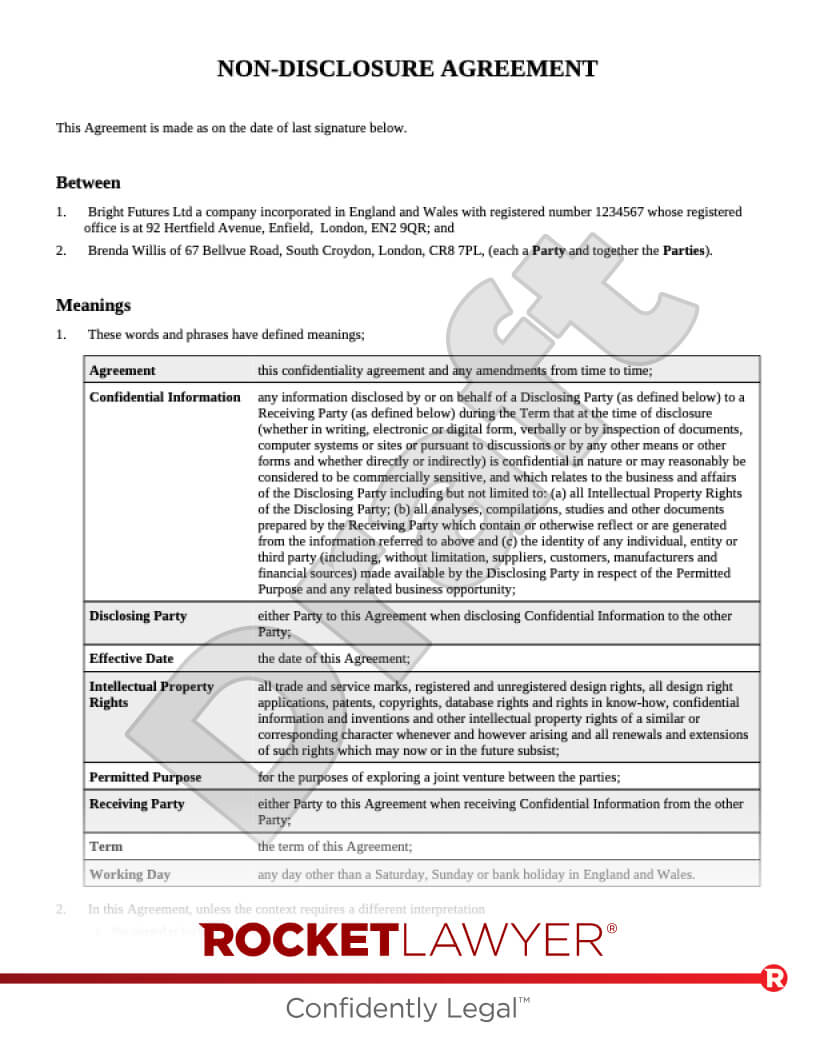What is a non-circumvention clause?
A non-circumvention clause is a restraint on trade that’s often used in contracts between two parties that are collaborating in some way. It prevents the party restricted by the clause from going directly to the other party’s suppliers or clients (eg clients suppliers or clients whose details the restricted party has obtained due to the collaboration), with the intention of bypassing (or ‘circumventing’) the other party and contracting with the suppliers or clients directly, thereby harming that party’s business.
In other words, non-circumvention clauses prevent one party from being cut out of a deal.

How are non-circumvention clauses used?
Non-circumvention clauses are commonly found in Non-disclosure agreements, where they protect the disclosing party (ie the party disclosing confidential information). The non-circumvention clause blocks the recipient of the confidential information from passing over the disclosing party and contracting directly with the disclosing party’s suppliers or clients (eg after a customer list has been shared).
In addition to NDAs, non-circumvention clauses can be found in other commercial documents, such as:
-
collaboration and joint venture agreements – when multiple parties create a joint venture or collaborate on a commercial project, a non-circumvention clause may be included to prevent one (or more) parties from being cut out of the joint venture
-
supply agreements – when entering into a substantial supply agreement, a non-circumvention clause may be used to ensure that the client doesn’t bypass the supplier by engaging straight with a wholesaler
-
referral (or finder’s fee) agreements – these agreements involve one party referring customers or clients to another party for a fee When a referral fee is to be paid to the party that makes an introduction or discovers an opportunity that results in a sale, a non-circumvention agreement may be used to ensure that the referring party isn’t excluded from the deal
What happens if a non-circumvention clause is breached?
Non-circumvention clauses should set out the consequences of breaching them.
They typically allow the disclosing party to bring a legal claim for breach of contract if the party bound by the clause bypasses the protected party in violation of the clause.
Non-circumvention clauses may also require any benefits obtained by the recipient through the misuse of confidential information to be turned over to the disclosing party.
A party who wishes to rely on a non-circumvention clause to seek these remedies from another party will generally need to bring a case in court, or at least send formal legal communications in order to reach a settlement out of court. If you need help resolving a legal dispute, you can use our Dispute resolution service.




